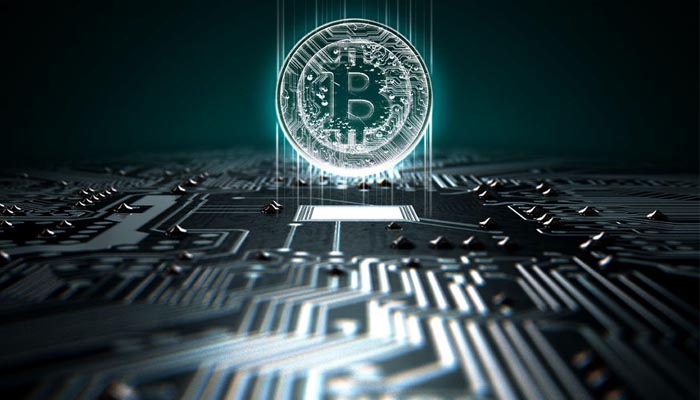Bitcoin has taken the public by storm. It’s not just a hobby for tech enthusiasts anymore, but rather, an investment opportunity. It’s even begun to change the way the payments industry functions, and has caused many e-commerce merchants to open bitcoin merchant accounts. It has emerged as a safer way to spend money online, as the risk of credit card fraud gets higher seemingly everyday. Bitcoin has become a sensation, and many would like to know who we can thank for that.
It appears we can thank someone named Dr. Craig Wright.
The technology blog Gizmodo reports to have crucial evidence that shows the true bitcoin founder, commonly known and referred to by the pseudonym “Satoshi Nakamoto.” This evidence seems to support the theory that the real Satoshi Nakamoto is actually Australian entrepreneur Craig Wright. Copious Outlook email records and unveiled statements seem to indicate Wright played a crucial role in bitcoin’s creation, along with an American counterpart—recently deceased Dave Kleiman.
The hunt to discover who the real Satoshi Nakamoto is has been an exhausting one. The person who created bitcoin—the one-time tech hobby that may end up revolutionizing the way society looks at money—has done a fine job keeping their true identity a secret. There has been rampant speculation over the years as to who Satoshi Nakamoto might be, with one notable example involving Newsweek infamously (and incorrectly) declaring in 2014 that they found “the face of bitcoin.”
But how did we arrive at these two men? What makes this report true compared to all the other false ones? Perhaps most importantly, does it really matter if the public knows the true founder of bitcoin? Some of these answers are easier to come by than others.
As Gizmodo reports, there is overwhelming evidence that Wright is the real Nakamoto. Perhaps the most convincing of which includes the email address “[email protected],” an address used to communicate with early users of bitcoin back in 2008. The hacked and leaked emails are all signed “Craig (possibly. . .),” leading many to believe that Wright was the owner of the email address. The same individual who tipped Gizmodo on the matter also included communication between Wright and Kleiman, the latter being heavily involved in computer engineering before his death.
The sheer amount of evidence behind this report makes it much more credible than others in the past from sources like Newsweekand The New York Times. Coupled with Wright’s unabashed and somewhat boastful public comments about his involvement with bitcoin, it seems apparent that he was at least one part of Satoshi Nakamoto. You can read the full report over at Gizmodo (linked above).
What This Means for Bitcoin Payments
Unveiling the true founder of bitcoin does little for the digital currency in the world of payments. Bitcoin is already an impressively and remarkably fleshed-out concept, with a large and dedicated group of active users. While it hasn’t revolutionized the global financial system like some of its proponents may wish, it has garnered some form of legitimacy from federal financial institutionsand large banks.
Revealing Wright as the founder of bitcoin may add some extra legitimacy to the currency. Bitcoin is still trying to get past a bad reputation for its involvement in Silk Road, the massive online black market. This struggle has existed in part because bitcoin’s origins were so shrouded in mystery—which makes it difficult to gain consumer trust. But, if a leader or creator were to emerge and clarify what bitcoin is and how it should be used, it may very well become a household name.
For now, bitcoin will remain the steadily growing phenomenon it has already proved to be, regardless of Nakamoto’s true identity. Should he corroborate the evidence published by Gizmodo, it may add some form of legitimacy or clarification to the bitcoin brand, but that is not crucial to the payments industry. What is crucial, however, is the fact that one bitcoin is worth more than 400 USD, and remains a solid alternative payment option for consumers and merchants alike.


